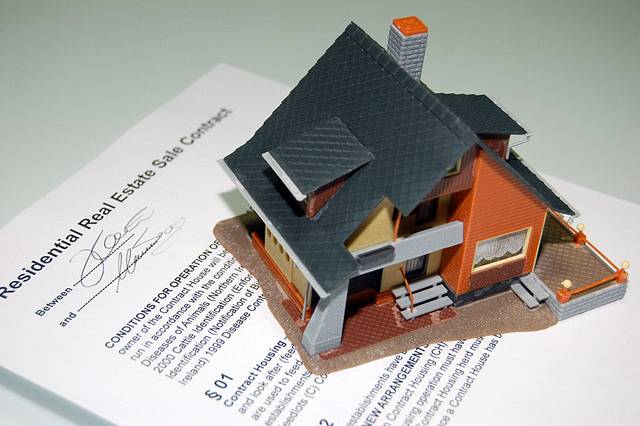
The goal when buying an investment property is to get the highest possible return on investment. By using equity in another asset to purchase the property, it reduces the amount of money that you have to put down to obtain it. The good news is that you can generally get an equity loan for almost anything that you own such as a house or car.
What Is Equity?
Equity is the difference between what an item is worth and what you owe on it. For instance, if you owed $5,000 on an asset that was worth $8,000, you would have $3,000 in equity. However, the equity that you have in an asset is on paper only. In other words, you don’t actually have access to the money unless you sell the product.
Use Equity as Collateral
Instead of selling an asset to cash out your equity, you can use it as collateral for a loan. An auto equity loan would allow you to use whatever value has built up in your vehicle to secure a loan. A home equity loan works much in the same fashion except that it is based on the value of a home as opposed to a vehicle. Since an equity loan is secured by an asset, you generally receive a lower interest rate compared to a credit card or personal loan. Equity loans may also come with a lower interest rate than a vehicle title or payday loan.
Claim up to $26,000 per W2 Employee
- Billions of dollars in funding available
- Funds are available to U.S. Businesses NOW
- This is not a loan. These tax credits do not need to be repaid
How Does Using Equity Help Buy an Investment Property?
When you obtain an equity loan, you are leveraging the value of one asset to acquire another. In other words, you aren’t using your own money to make a down payment or to pay for it outright. Typically, you use the revenue generated by the new property to pay down the equity loan. If you have chosen the right property, it will appreciate in value over time, which allows you to then sell it for a profit to cover the mortgage on the property itself.
You Retain Ownership of the Collateral
Another great reason to look into equity loans is that you get to retain ownership of the asset used as collateral. For example, if you borrowed against the equity in your car, you get to keep the car while repaying the loan. If you borrowed against the value of your home, you get to keep the home while repaying the loan. This is ideal because these assets will either appreciate in value or retain a portion of their resale value over the loan period. Therefore, you could try to sell them or otherwise use them to generate additional cash flow while paying down a loan balance.
When looking to buy an investment property, you want to spend as little of your own money as possible. This makes it easier to generate higher profits while preserving funds already in a personal savings or brokerage account. Leveraging assets to raise capital also provides greater flexibility for those who may not have great credit or a track record long enough to obtain traditional loans from a bank.



